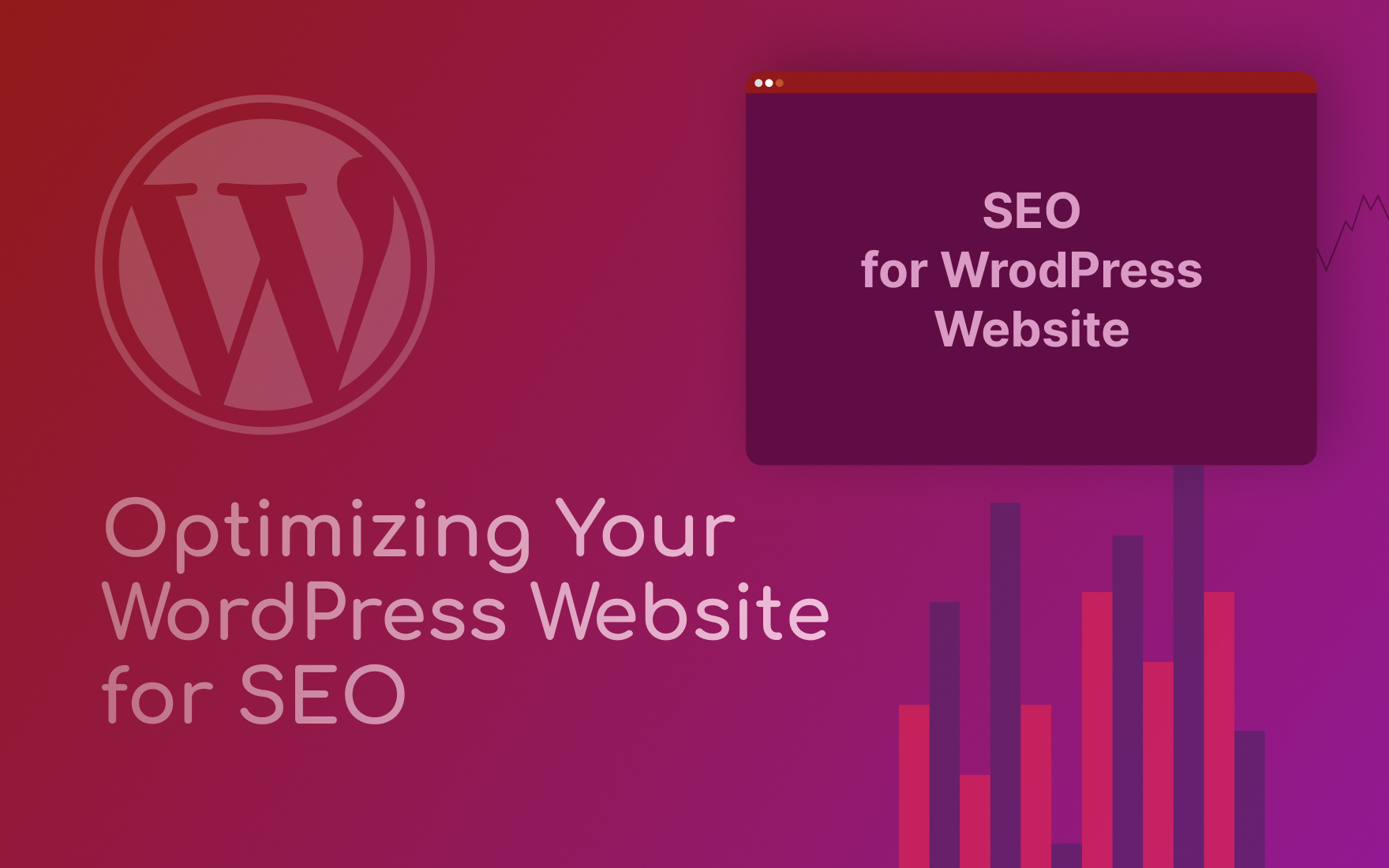Introduction: In the bustling digital landscape, a strong online presence is paramount for success. If you’re running a WordPress website, search engine optimization (SEO) is your secret weapon. Optimizing your WordPress site for SEO can boost your visibility, attract more organic traffic, and enhance your online authority. In this comprehensive guide, we’ll take you through the essential steps to transform your WordPress website into an SEO powerhouse, all while keeping up with the latest keyword optimization techniques.
Table of Contents:
- Understanding the Importance of SEO for WordPress
- Keyword Research: Laying the Foundation
- Crafting SEO-Friendly Content
- Technical SEO: The Backbone of Your Website
- Navigating On-Page SEO Strategies
- Mobile Responsiveness and Page Speed
- The Power of Quality Backlinks
- User Experience and Dwell Time
- Harnessing Social Signals
- Monitoring, Analyzing, and Adapting
Understanding the Importance of SEO for WordPress: In the crowded digital realm, being visible to your target audience is crucial. SEO helps your WordPress website climb search engine rankings, making it easier for potential visitors to find you. As you embark on your optimization journey, remember that a user-centric approach and relevant content are the keys to success.
Keyword Research: Laying the Foundation: Effective keyword research is the cornerstone of a successful SEO strategy. Identify keywords and phrases that your target audience is likely to search for. Tools like Google Keyword Planner and SEMrush can help you unearth valuable insights into search volumes and keyword competitiveness.
Crafting SEO-Friendly Content: Creating high-quality, relevant, and engaging content is vital. Each piece of content should be optimized around a primary keyword while maintaining natural language and readability. Long-form content tends to perform well in search results, so consider crafting comprehensive articles that truly add value.
Technical SEO: The Backbone of Your Website: A well-structured website is crucial for search engines to crawl and index your content efficiently. Ensure your website has a clean URL structure, logical navigation, and an XML sitemap. Use robots.txt to guide search engine bots and fix any crawl errors promptly.
Navigating On-Page SEO Strategies: On-page SEO involves optimizing individual pages for specific keywords. Craft compelling meta titles and descriptions that entice users to click. Use header tags (H1, H2, H3) to structure your content and improve readability.
Mobile Responsiveness and Page Speed: With mobile devices driving a significant portion of web traffic, mobile responsiveness is non-negotiable. Additionally, page speed directly impacts user experience and search rankings. Compress images, leverage browser caching, and use a content delivery network (CDN) to speed up your site.
The Power of Quality Backlinks: Backlinks from reputable and relevant websites are a strong indicator of your site’s credibility. Focus on building a diverse backlink profile through guest posting, influencer outreach, and creating valuable content that naturally earns links.
User Experience and Dwell Time: Search engines consider user experience as a ranking factor. A user-friendly site that keeps visitors engaged and encourages them to stay longer (dwell time) signals to search engines that your content is valuable. Optimize for easy navigation, relevant internal linking, and engaging multimedia.
Harnessing Social Signals: While not a direct ranking factor, social signals can indirectly influence your SEO efforts. Share your content on social media platforms to amplify its reach and potentially earn more backlinks. Engage with your audience and encourage social sharing.
Monitoring, Analyzing, and Adapting: Regularly monitor your website’s performance using tools like Google Analytics and Google Search Console. Track keyword rankings, traffic patterns, and user behavior. Analyze the data to identify areas for improvement and adjust your strategy accordingly.
Conclusion: Mastering the art of optimizing your WordPress website for SEO requires a combination of technical expertise, content strategy, and user-centric focus. By following the steps outlined in this guide and integrating keyword optimization throughout, you’re well on your way to increasing your website’s visibility, attracting organic traffic, and establishing a strong online presence. Stay adaptable, keep learning, and watch your WordPress website thrive in the competitive digital landscape.


